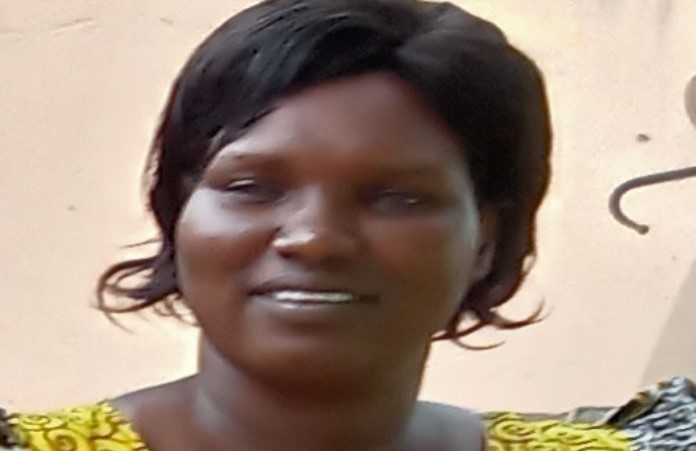A lawmaker in Northern Bahr el Ghazal state warned Sunday that South Sudan’s upcoming general elections cannot be held unless critical provisions of the 2018 revitalized peace agreement are fully implemented.
Tereza Achol Bilwan, speaking on behalf of the opposition Sudan People’s Liberation Movement-in-Opposition (SPLM-IO), said unresolved issues — including the unification of armed forces, a nationwide census and the repatriation of South Sudanese refugees — must be addressed first.
“The armed forces are not unified; security arrangements are not in place, the national census has not been conducted, and the repatriation of refugees remains unimplemented,” Achol told Radio Tamazuj.
She also urged the government to accelerate financial and economic reforms as outlined in the 2018 peace deal, citing prolonged delays in salary payments to government employees and constitutional post holders.
“Reforms in finance and the national economy are delayed. Government employees have gone months without salaries or incentives,” she said. “The country must prioritize the people’s interests, but so far, nothing has been done — even as discussions about elections continue.”
Achol said elections should proceed only if the government fulfills its commitments under the agreement. “If all provisions of the agreement are implemented, citizens will be ready for elections because what they truly need is stability,” she said.
Meanwhile, Joseph Akuei Yak, chairperson of the Northern Bahr el Ghazal State Elections Commission, said logistical preparations for the elections are underway.
“Our office has been renovated, and additional departments have been constructed. We are now mobilizing the public to prepare for upcoming electoral activities,” Yak said.
But civil society leaders warned that key groundwork for a credible vote is lacking.
Wek Garang, executive director of the Peace Culture Association in Northern Bahr el Ghazal, said extensive civic education, a census and other steps must be completed first.
“South Sudan’s electoral process requires major preparations — voter education, a population census and other key steps. With only one year left, many of these tasks remain unfulfilled,” Garang said.
As South Sudan plans to hold elections in December 2026, the gap between political promises and tangible progress has raised doubts over whether the vote will be free, fair and inclusive.
Political and security tensions in South Sudan have escalated sharply since March with the detention of key opposition figures, including First Vice President and SPLM-IO leader Riek Machar, alongside expanded military operations by the army — including in populated civilian areas — against armed opposition forces and groups in the Upper Nile region.




